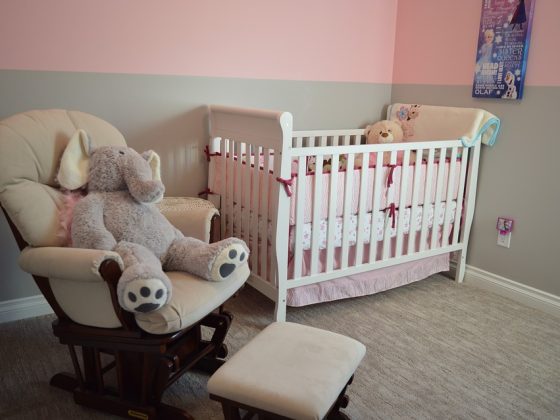Developmental Milestones: How Baby Games promote Learning
As parents, we are constantly looking for ways to help our babies grow and learn. From the moment they are born, we want to ensure that they are reaching important developmental milestones. One of the most effective ways to promote learning and development in babies is through play. Baby games not only provide entertainment, but they also help babies develop essential skills that will benefit them throughout their lives.
Babies are constantly learning and absorbing information from their surroundings. Playing games with them is a great way to engage their senses, promote cognitive development, and encourage physical activity. By incorporating different types of games into your baby's routine, you can help them reach important developmental milestones and support their overall growth and development.
Here are some ways in which baby games promote learning and development:
1. Cognitive Development: Baby games help stimulate a baby's developing brain. Activities such as peek-a-boo, stacking blocks, and sorting shapes help babies understand cause and effect, practice problem-solving skills, and improve their memory. These games encourage cognitive development, creativity, and the ability to think critically.
2. Motor Skills: Playing games that involve movement and physical activity help babies develop their motor skills. Activities such as tummy time, crawling races, and playing with toys that encourage grasping and reaching help babies develop their gross and fine motor skills. These games promote coordination, balance, and strength, laying the foundation for future physical tasks such as walking and writing.
3. Social Skills: Baby games provide opportunities for babies to interact with others and practice social skills. Playing games with caregivers, siblings, and peers helps babies learn how to communicate, share, take turns, and cooperate with others. These social interactions are essential for developing emotional intelligence, building relationships, and understanding social norms.
4. Language Development: Games that involve singing, reading, and storytelling help babies develop their language skills. Listening to different sounds, words, and melodies stimulates a baby's language center in the brain, helping them learn to speak and understand words. Playing games that encourage verbal communication and storytelling also promote vocabulary development, sentence formation, and language comprehension.
5. Emotional Development: Baby games help babies explore and express their emotions. Activities such as mimicking facial expressions, playing with emotion-themed toys, and engaging in pretend play help babies learn about different emotions and how to express them appropriately. These games promote emotional intelligence, empathy, and self-regulation, which are essential for healthy emotional development.
6. Sensory Development: Baby games engage all of a baby's senses, including sight, hearing, touch, taste, and smell. Activities that involve textures, colors, sounds, and scents help babies explore their environment and develop their sensory skills. These games stimulate the brain's sensory centers, promote sensory integration, and improve a baby's ability to process and respond to sensory information.
FAQs:
Q: At what age should I start playing games with my baby?
A: You can start playing games with your baby from birth. Even newborn babies benefit from simple games such as making eye contact, singing lullabies, and engaging in gentle touch.
Q: How much time should I spend playing games with my baby each day?
A: It is important to incorporate playtime into your baby's daily routine. Aim to spend at least 15-30 minutes playing games with your baby each day, but feel free to increase this time as your baby grows and becomes more engaged.
Q: What are some examples of baby games that promote learning and development?
A: Some examples of baby games that promote learning and development include peek-a-boo, tummy time, stacking blocks, sorting shapes, playing with toys that encourage grasping and reaching, singing songs, reading books, and engaging in pretend play.
Q: How can I make playtime more interactive and engaging for my baby?
A: To make playtime more interactive and engaging for your baby, try incorporating a variety of games that stimulate different senses and skills. Use colorful toys, play music, introduce new textures and sounds, and encourage verbal communication to keep your baby interested and motivated.
In conclusion, baby games are a fun and effective way to promote learning and development in babies. By incorporating different types of games into your baby's routine, you can help them reach important developmental milestones and support their overall growth and development. Remember to make playtime interactive, engaging, and age-appropriate to maximize the benefits for your baby.











